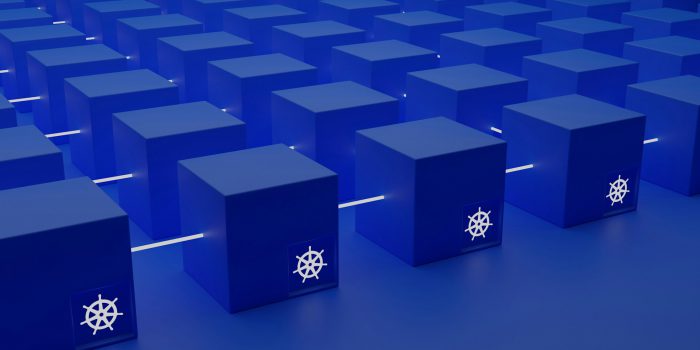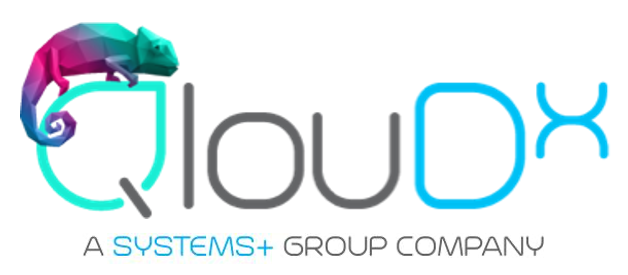Introduction Do you find yourself juggling multiple Microsoft accounts throughout the day? Do you work with many clients, each with their own … Read The Full News

Exploring AWS Integrations with Microsoft Power Automate
Introduction Microsoft Power Automate is a cloud-based workflow automation platform for automating recurring tasks & business processes. Every “flow” in Power Automate … Read The Full News

Adopt Karpenter Consolidation without Disrupting Critical Workloads
Introduction Autoscaling in Kubernetes, particularly in cloud-hosted Kubernetes like Amazon EKS, comes in two flavors: Kubernetes cluster autoscaler is the go-to solution … Read The Full News

From Disk Partitions in EC2/Linux to Pods in EKS/Kubernetes
Introduction In the dynamic world of containerized workloads orchestrated by Kubernetes, tracing issues back to their source can sometimes be tricky. Traditional … Read The Full News

Revisiting EC2 Connectivity Options
Introduction With the recent announcement of EC2 instance connect endpoints, we now have several different ways to connect to Amazon EC2 instances. … Read The Full News

Exploring Amazon Linux 2023 as a Replacement for CentOS 7
Introduction With CentOS 7 going out of support in June 2024, many of us are looking for viable alternatives. The stakes are … Read The Full News

Identifying the Source of Network Traffic Originating from Amazon EKS Clusters
Introduction If you run workloads in Amazon EKS, you might have noticed a peculiar behavior: when apps in EKS pods communicate outbound … Read The Full News

Customize Electron Desktop Apps with JavaScript & CSS
Introduction Browser extensions like Stylus & Tampermonkey let you style any webpage with custom CSS & run custom JavaScript code on any … Read The Full News

Terraform Module for a Ready-to-Use Amazon EKS Cluster, with EKS Fargate & AWS IRSA, & Karpenter, with Spot Nodes & ABS
Introduction I recently spent a few days writing the “perfect” Terraform module for a complete, end-to-end, ready-to-use, EKS cluster, with a number … Read The Full News







